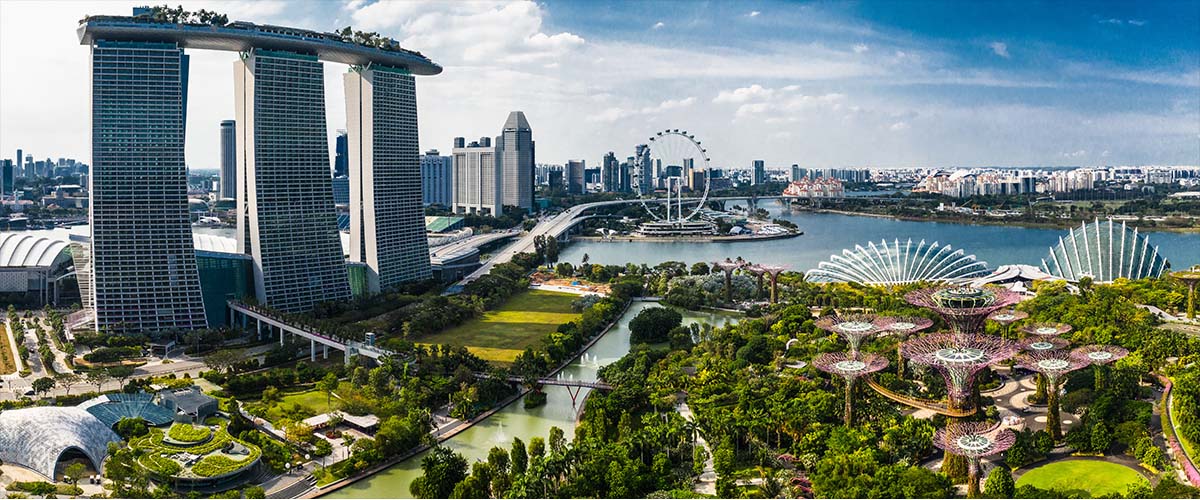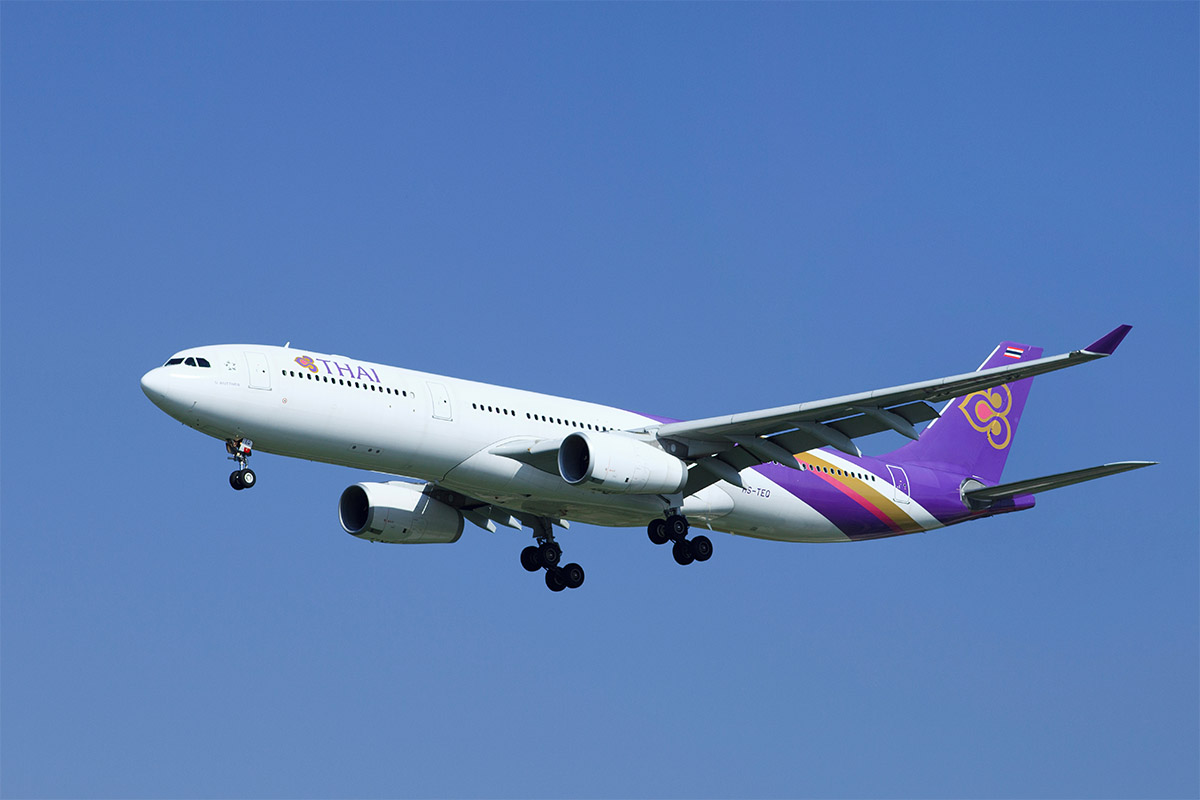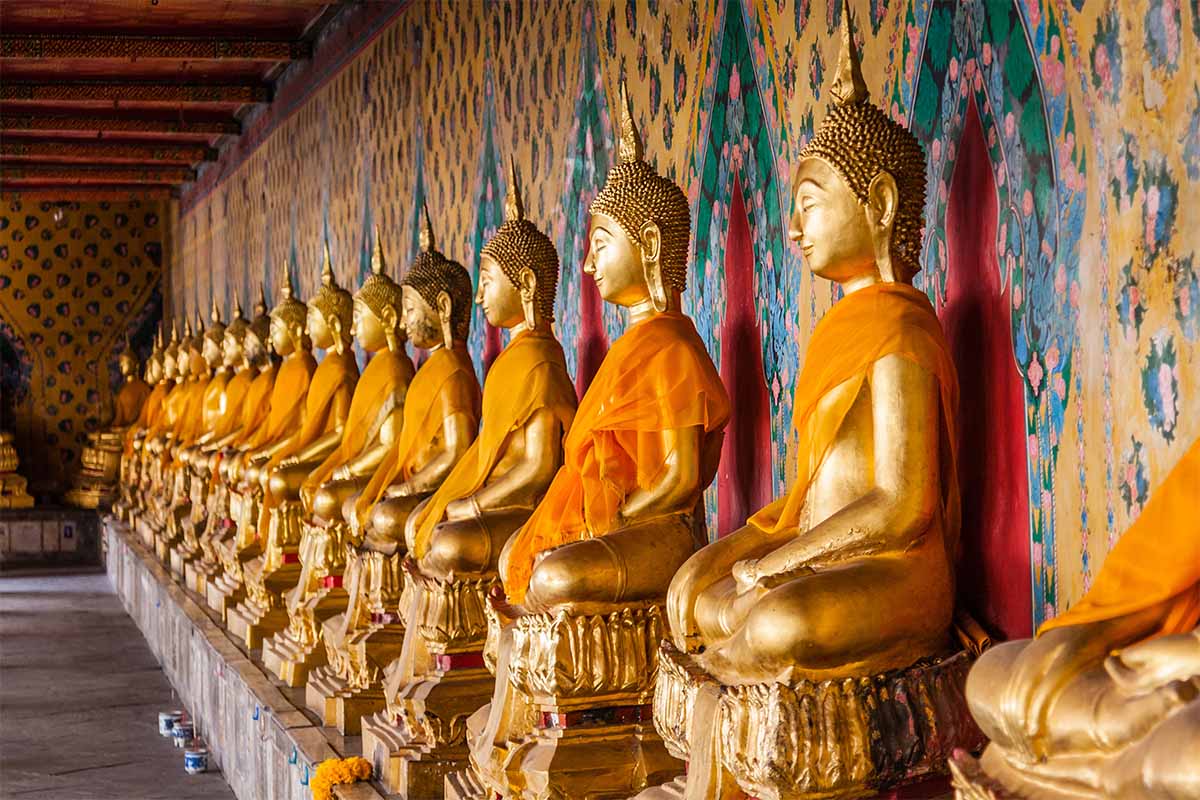
Thailand needs a custom-built gaming model
12 August, 2025
Thailand’s Integrated Resorts
27 August, 2025Winna Media Insights
22 August 2025
Sustainable and attainable – driving the future for Thailand’s casinos
The Kingdom of Smiles’ gaming ambitions could be supported by the global fan base for its world-class tourism offering.

There’s zero hesitation when Asian market tourism consultants Lilly Choi-Lee and her husband, Trevor Lee, list Thailand’s stand-out attractions for tourists.
“Highly exotic, with an incredible offering of both a busy, vibrant nightlife and city life; it’s got a unique nature and environment feel – plus it comes in at a decent price,” says Trevor, with Lilly adding the relative safety, the friendliness of the people, exceptional service and the food are also big draws.
Given that, if Thailand were to legalise casinos, would gaming simply be another ride at the funfair?

Fully inclusive
Trevor’s view is that gaming could draw a new demographic of visitors – but both he and Lilly are very quick to qualify that suggestion.
If the integrated resort (IR) or entertainment complex (EC) model is followed, it can include non-gaming attractions to appeal to both young and old visitors. That would enable high rollers, or people chancing their luck on the slots, to visit and stay with their families, because there would be something for everyone.
To illustrate their point, Lilly and Trevor outline the live music and theatre, food courts and other non-gaming draws that are a feature of The Star Sydney Casino. It’s a combination of entertainment and food for all budgets and, if you can tier your pitch to welcome diverse groups, the casino EC becomes a destination for large numbers of free-spending visitors.
Lilly says, “Singapore is magnificent; Marina Bay Sands is stunning. But it’s not, and never has been, solely about the casino. They made it about everything else – like the award-winning architecture and gardens, luxury shopping and the variety of food options from budget to premium. These were the draw cards, and that’s why it remains iconic globally.”
However, there’s more to it: “Thailand can make sure its ECs feel very Thai with that amazing level of hospitality. So, when you enter, it doesn’t feel like Macau or Sydney, but it truly embodies Thailand, and that is that sense of place, that sense of spirit, you feel from the moment you get near it,” says Trevor.
In summary, if you want to draw more people to what is already one of Asia’s most popular tourist destinations by legalising gaming, the magic mix is ECs/IRs with attractions for people of all ages and interests.
Lilly feels that “The focus should never only be on the gaming. The high rollers are going to go there anyway. They don’t need the extra storytelling about Thailand to have a good time and play big money.”

All things to all men
As long-term participants in the regional tourism industry, Lilly and Trevor’s points about running a “sustainable” tourism market deserve a good hearing. Visitor numbers from China to Thailand are yet to recover from the squeeze Beijing provided earlier this decade; Australia could, in theory, stymie tourism with a tightening of AML measures.
“The moment a destination catches a cold – there goes your VIP market. If that’s what you’re mainly known for, it’s hard to turn that around. So right from the beginning, if there’s a blank slate, you can create something that’s beautiful and accessible and yet with a fun part for gaming all the way through to the serious rooms for the high rollers. That’s what gives you sustainable tourism and sustainable gaming,” Lilly states.
In Trevor’s opinion, the tone set by the executive team dictates the success of the operation, and closely involving the local community is integral to this process. “You want local people who are going to be following expat leaders who will advance their skills and knowledge and create the future leaders in the industry.”
As the old saying goes, the rising tide lifts all boats. In this case, a “nurturing ecosystem” lifts the people of Thailand, the economy, education, and career opportunities, says Lilly.

Think local, act local
“It’s the locals’ home; if they have the chance to be involved and get into leadership roles, the industry is going to be doing itself a big favour,” Trevor states, after recalling a rags-to-riches success story of a local Balinese he first met while managing a Bali hotel in the 1980s.
Thailand is strongly Buddhist, and the couple are very aware of how gaming clashes with its dominant belief system. That means striking a balance between respecting local people’s opinions, supporting the community on responsible gaming and boundaries, while enabling them by providing training and jobs to develop professionally.
Lilly and Trevor also envisage the Thai EC/IRs hosting entertainment arenas, trade fairs and other corporate events. “It’s got to be a collaboration with what’s already there,” Trevor says, citing Muay Thai kickboxing as a prime example of how to put on an arena-sized tournament with plenty of local involvement.
Summing up their thoughts, Lilly and Trevor say that Thailand already has a global “fan base” generated by being one of the world’s top tourism destinations. “You don’t want to put that fan base off overnight because you’ve put in something ugly that’s not inclusive. So work it in gently.”
Since 2002, TravConsult has helped aviation, tourism, and retail organisations win in Asian markets. Led by co-founders Trevor Lee and Lilly Choi-Lee, its work spans more than 20 years and multiple continents, delivering culturally intelligent and commercially effective strategies for airports, hotels, integrated resorts, destinations, and attractions worldwide.



